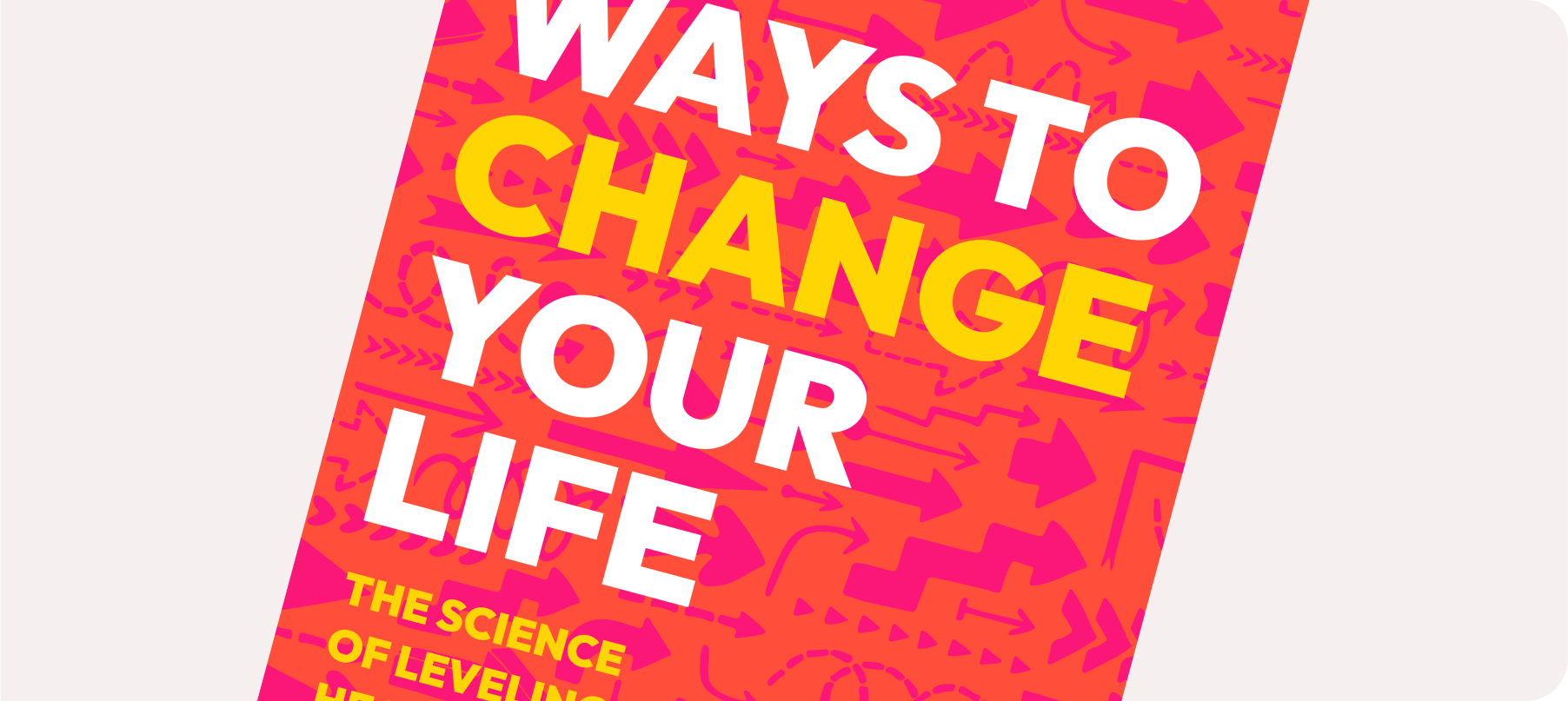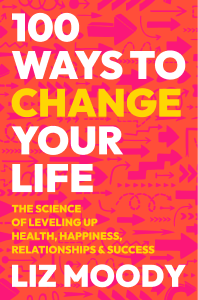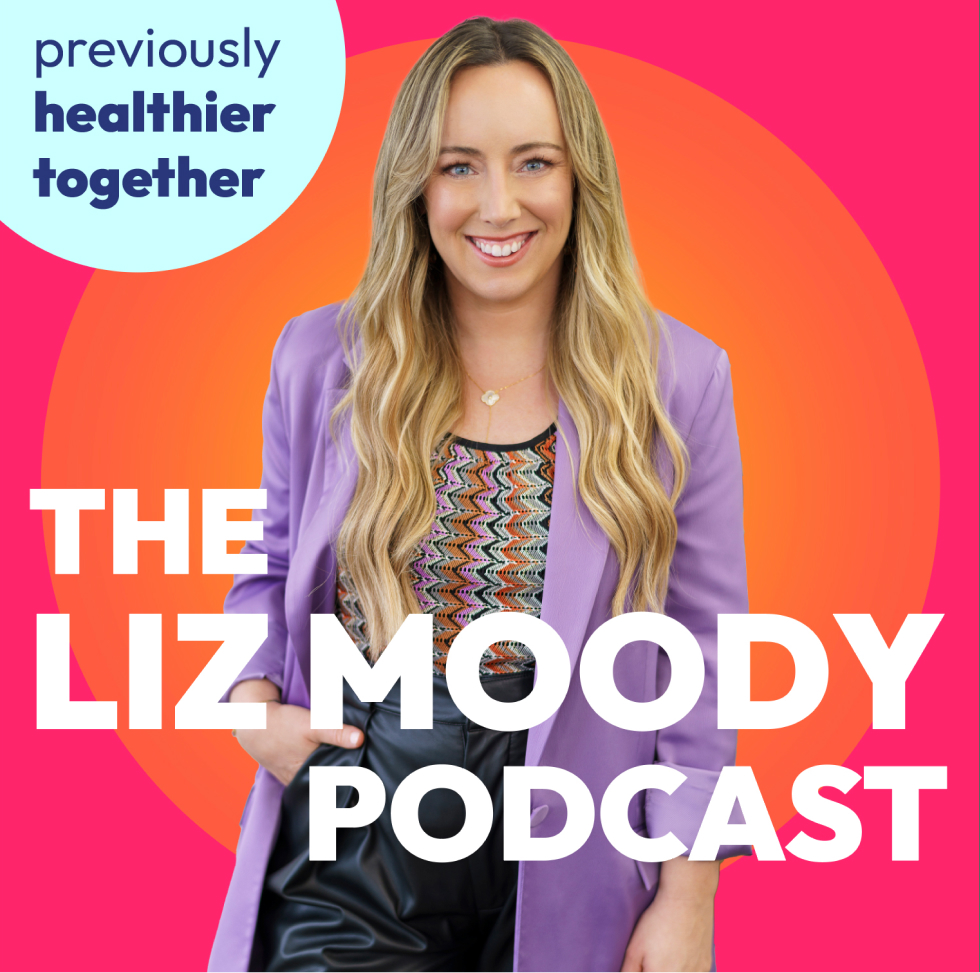Leading metabolic health doctor & researcher Casey Means, MD, discusses how GLP-1 receptor agonists like Ozempic & Wegovy work, the differences between obesity and metabolic health, how to avoid metabolic dysfunction, and much more.
In this episode of the Liz Moody podcast, host Liz Moody delves into the hot topic of Ozempic, weight loss, and the underlying metabolic crisis in America. Dr. Casey Means, a leading metabolic health expert, co-founder of Levels, and author of New York Times best-selling book Good Energy, provides a science-based, nuanced perspective on these issues. They discuss the distinction between obesity and metabolic health, the influence of modern lifestyles on metabolic dysfunction, and the holistic approaches needed to improve metabolic health without relying solely on medications like Ozempic. The conversation also explores practical strategies to enhance mitochondrial function, such as dietary adjustments, movement, and reducing exposure to toxins.
- 02:24 The Obesity and Metabolic Health Debate
- 04:57 Understanding Different Types of Fat: Subcutaneous, Visceral, and Intracellular
- 06:36 Ozempic’s Impact on Metabolic Health
- 07:56 Mitochondria and Metabolic Health
- 08:32 The Eight Pillars Affecting Mitochondria
- 12:00 Ozempic: Mechanisms and Physical Effects
- 26:24 Natural Ways to Boost GLP-1 and Inhibit DPP-4
- 30:22 The Food Industry and Cravings
- 37:42 The Consequences of Obesity and the Healthcare System
- 38:50 Personal Responsibility vs. Systemic Forces
- 39:43 The Impact of Policy on Health
- 40:53 Understanding Metabolic Health
- 45:09 Tracking Biomarkers for Better Health
- 47:34 Addressing Hidden Health Issues
- 58:11 The Importance of Movement vs Exercise
- 59:57 The Dangers of Ultra-Processed Foods
- 01:04:21 The Root Cause of Health Issues
For more from Casey, you can find her on Instagram @drcaseyskitchen or www.caseymeans.com. You can find her new book, Good Energy: The Surprising Connection Between Metabolism and Limitless Health, where books are sold.
To join The Liz Moody Podcast Club Facebook group, go to https://www.facebook.com/groups/thelizmoodypodcast.
Ready to uplevel every part of your life? Order my new book 100 Ways to Change Your Life: The Science of Leveling Up Health, Happiness, Relationships & Success now!
This episode is sponsored by:
AG1: visit drinkag1.com/lizmoody and get your FREE year supply of Vitamin D and 5 free travel packs today.
Puori: go to puori.com/LIZMOODY and use promo code LIZMOODY for 20% sitewide.
Lumen: head to lumen.me/LIZMOODY for 15% off your purchase.
The Liz Moody Podcast cover art by Zack. The Liz Moody Podcast music by Alex Ruimy.
Formerly the Healthier Together Podcast.
This podcast and website represents the opinions of Liz Moody and her guests to the show. The content here should not be taken as medical advice. The content here is for information purposes only, and because each person is so unique, please consult your healthcare professional for any medical questions.
The Liz Moody Podcast Episode 250.







